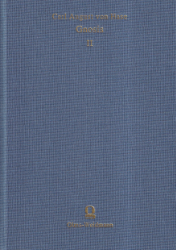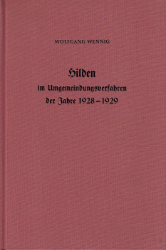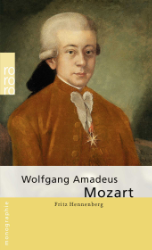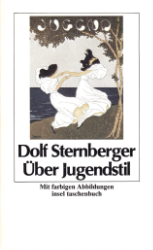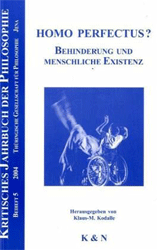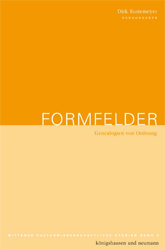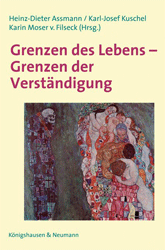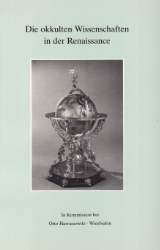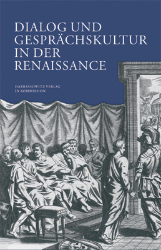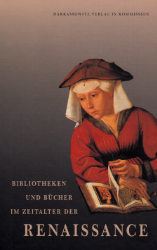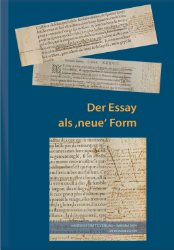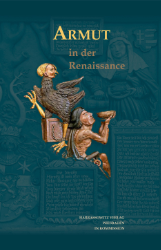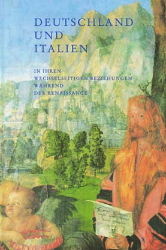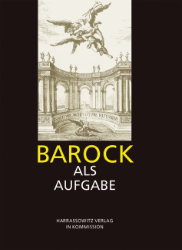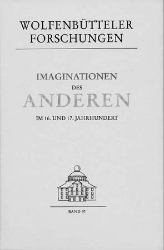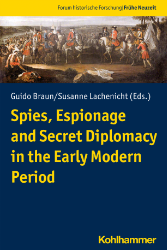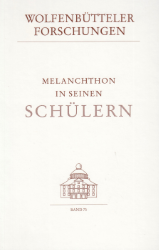Kundenlogin
Wenn Sie noch kein Kundenkonto haben, können Sie sich hier registrieren. Sollten Sie Ihr Passwort vergessen haben, können Sie hier ein neues Passwort anfordern.
Wenn Sie noch kein Kundenkonto haben, können Sie sich hier registrieren. Sollten Sie Ihr Passwort vergessen haben, können Sie hier ein neues Passwort anfordern.
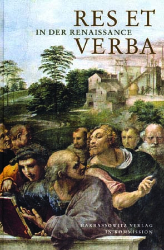
Res et Verba in der Renaissance
Hrsg. [und mit einer englischsprachigen Einleitung] von Eckhard Keßler und Ian Maclean.15 Beiträge (zehn englisch, vier deutsch) untersuchen die Beziehung zwischen Wörtern, Konzepten und Dingen in verschiedenen Disziplinen im Zeitraum von 1450 bis 1650. - 15 contributions (ten in English, four in German, one in French) set out to examine the relationship between words, concepts and things in a range of disciplines in the period 1450-1650. The authors were asked to consider the following questions: how is it possible to ground the operations of a science or discipline in external reality? What is the relationship between natural kinds and the generic terms used in various discourses to describe them? What is the nature of mental language, and how is this related to both 'res' and 'verba'? How can the mind conceive of objects which are taken not to exist in the real world? How did Renaissance scholars deal with the doctrines concerning these questions coming from the ancient world, and with those coming from their medieval predecessors? A number of the papers printed in this volume address these issues in a general way; others look at specific examples in the disciplines of linguistic philosophy, mathematics, theology, law, medicine and ethics. This volume is the product of an interdisciplinary colloquium held at the Herzog August Bibliothek Wolfenbüttel from the 1st to 3rd October 1998, in collaboration with the Foundation for Intellectual History in London. -- Contents: Ian Maclean: Introduction. - Michael J. B. Allen: 'In principio'. Marsilio Ficino on the Life of Text. - Ian Maclean: Legal fictions and fictional entities in Renaissance jurisprudence. - Dominik Perler: Diskussionen über mentale Sprache im 16. Jahrhundert. - Eckhard Keßler: Die verborgene Gegenwart und Funktion des Nominalismus in der Renaissance-Philosophie. Das Problem der Universalien. - Anna De Pace: Copernicus against a Rhetorical Approach to the Beauty of the Universe. The Influence of the 'Phaedo' on the 'De revolutionibus'. - Heikki Mikkeli: Art and Nature in the Renaissance Commentaries and Textbooks on Aristotle's 'Physics'. - Ullrich Langer: The Ring of Gyges in Plato, Cicero, and Lorenzo Valla. The Moral Force of Fictional Examples. - Marie-Luce Demonet: Les êtres de raison, ou les modes d’être de la littérature. - Massimo Luigi Bianchi: Signs, 'Signaturae' and 'Natursprache' in Paracelsus and Böhme. - Nancy G. Siraisi: Disease and symptom as problematic concepts in Renaissance medicine. - Jan Rohls: Schrift, Wort und Sache in der frühen protestantischen Theologie. - Charles Lohr: Possibility and Reality in Suárez’s 'Disputationes metaphysicae'. - Brian Vickers: "Words and Things", or "Words, Concepts, and Things"? Rhetorical and Linguistic Categories in the Renaissance. - Cees Leijenhorst: "Insignificant Speech". Thomas Hobbes and Late Aristotelianism on Words, Concepts and Things. - Markus Friedrich: "War Rudolf Agricola Nominalist?" Zur Bedeutung der Philosophie Ockhams für den Sprachhumanismus. 398 Seiten, gebunden (Wolfenbütteler Abhandlungen zur Renaissanceforschung; Band 21/Herzog August Bibliothek in Kommission bei Harrassowitz Verlag 2002)
Bestell-Nr.: 18161
ISBN-13: 9783447046541
ISBN-10: 3447046546
Erscheinungsjahr: 2002
ISBN-13: 9783447046541
ISBN-10: 3447046546
Erscheinungsjahr: 2002
Bindungsart: gebunden
Umfang: 398 Seiten
Gewicht: 828 g
Verlag: Herzog August Bibliothek in Kommission bei Harrassowitz Verlag
Umfang: 398 Seiten
Gewicht: 828 g
Verlag: Herzog August Bibliothek in Kommission bei Harrassowitz Verlag
Reihe: Wolfenbütteler Abhandlungen zur Renaissanceforschung
Herausgeber*innen: Eckhard Keßler, Ian Maclean
Sprachen: Englisch, Deutsch
Zustand: Neu
Herausgeber*innen: Eckhard Keßler, Ian Maclean
Sprachen: Englisch, Deutsch
Zustand: Neu
Weitere Bücher der Reihe »Wolfenbütteler Abhandlungen zur Renaissanceforschung«

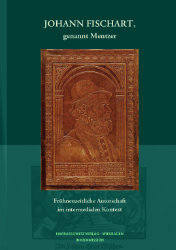

Weitere Bücher im Sachgebiet »Geschichte der Frühen Neuzeit«
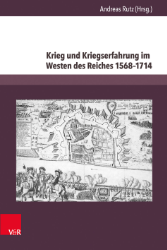
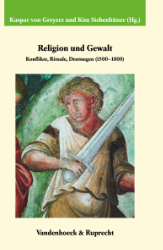

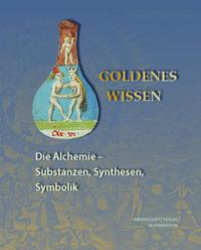
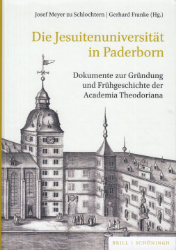
Die Jesuitenuniversität in Paderborn
Dokumente zur Gründung und der FrühgeschichteAcademia Theodoriana
Dokumente zur Gründung und der FrühgeschichteAcademia Theodoriana

